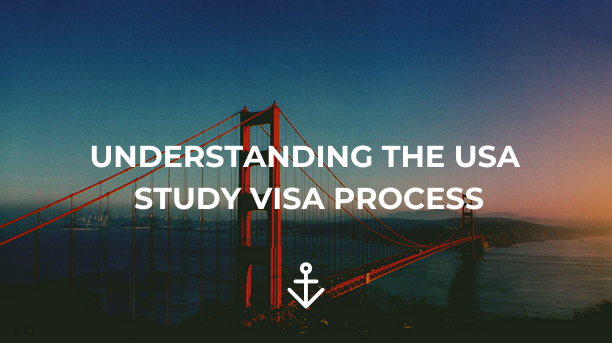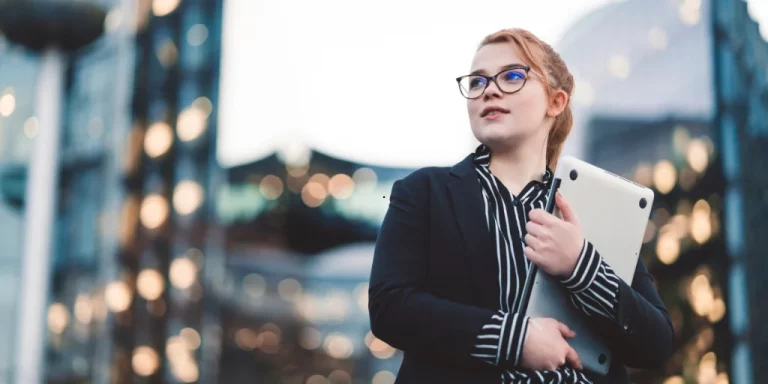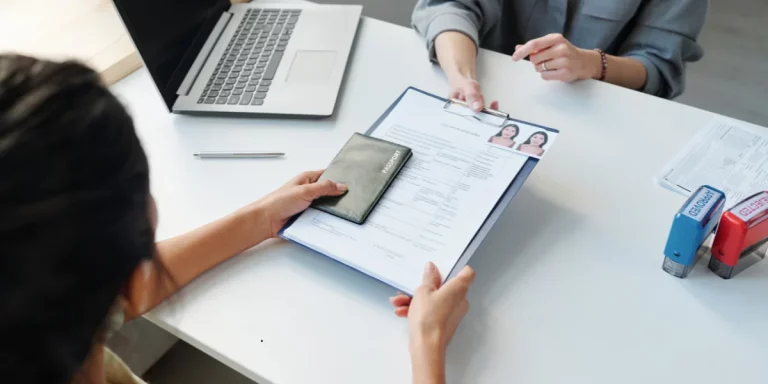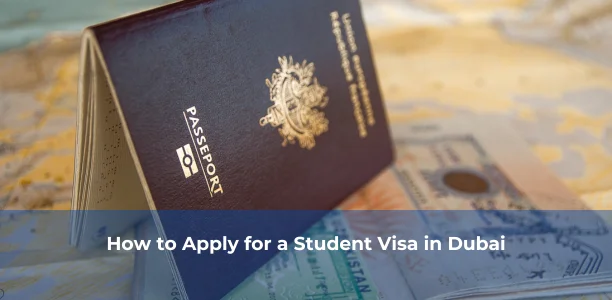
Understanding the USA Study Visa Process
The study visa for USA is essential for international students aspiring to gain higher education from the world’s leading universities. With its top-tier institutions, the USA is a prime destination for students worldwide. The visa you require will depend on the type of educational program you enroll in, ranging from full-time academic courses to vocational programs.
The three primary visa categories for studying in the USA include:
- F-1 Visa: This is the most common visa for students who wish to pursue an academic degree in an accredited U.S. college or university, or to study English at an English language institute.
- J-1 Visa: Often referred to as the “exchange visitor visa,” this is for individuals approved to participate in work-and-study-based exchange visitor programs.
- M-1 Visa: This is intended for students attending vocational or non-academic programs in the USA, such as technical courses or vocational training schools.
Choosing the Right Visa for Your Study Program
Selecting the right visa is crucial because it defines the activities you are allowed to engage in during your stay. For instance, the F-1 Visa is ideal if you are enrolled in a full-time academic course like a Bachelor’s or Master’s degree. On the other hand, the J-1 Visa might be suitable if you’re part of a cultural exchange program. It’s vital to check with your school or program advisors to ensure you apply for the appropriate visa category.
Key Eligibility Criteria for a USA Study Visa
While each visa type has specific requirements, the basic criteria to apply for a study visa for USA are consistent:
- Acceptance by a SEVP-Approved Institution: You must first be accepted into a U.S. academic institution that is recognized by the Student and Exchange Visitor Program (SEVP). This approval ensures that your program qualifies you for a student visa.
- Proof of Financial Support: You need to show that you have sufficient financial resources to support yourself during your stay. This includes tuition fees, living expenses, and other educational costs. You might need to submit bank statements, scholarship details, or sponsorship letters to prove your financial capability.
- Ties to Your Home Country: During your visa interview, you will need to convince the visa officer that you plan to return to your home country after completing your studies. This typically involves demonstrating family ties, job prospects, or other commitments in your home country.
- A Valid Passport: Your passport should be valid for at least six months beyond the duration of your intended stay in the U.S.
How to Apply for a USA Study Visa: Step-by-Step Process
The USA student visa application process is a multi-step procedure, involving:
- Apply to SEVP-Approved Institutions: Once you are accepted, the institution will issue you the I-20 (for F-1 and M-1 visas) or DS-2019 (for J-1 visa) forms.
- Pay the SEVIS Fee: After receiving your I-20 or DS-2019, you need to pay the SEVIS (Student and Exchange Visitor Information System) fee, which is mandatory for all students.
- Complete the DS-160 Form: This form is essential for your non-immigrant visa application. The DS-160 form will ask for personal, educational, and travel-related details. After submitting it, you will receive a confirmation page, which is required during the interview.
- Schedule Your Visa Interview: Visit the U.S. Embassy or Consulate website in your country to schedule your visa interview. Depending on the location and season, wait times for visa interviews may vary, so schedule it early.
- Prepare for Your Interview: During your interview, you will be asked about your study plans, financial support, and your intentions to return home after completing your education. Be honest and provide clear, concise answers.
Documents Required for Your Visa Application
Having the right documents is critical for a smooth visa application. Be sure to prepare:
- I-20 or DS-2019 Form from the SEVP-approved school.
- Passport, valid for at least six months beyond your stay.
- DS-160 Confirmation Page and payment receipt.
- SEVIS Fee Receipt to confirm your SEVIS payment.
- Financial Documents, such as bank statements, sponsorship letters, or scholarship certificates.
- Visa Application Fee Receipt, proving you have paid the visa processing fee.
- Recent Passport-Sized Photograph in compliance with U.S. visa specifications.
Financial Proof for a USA Study Visa
Financial documentation is a critical part of the USA study visa application process. You need to prove that you can cover the cost of tuition, living expenses, and other fees. This could be through personal savings, loans, scholarships, or a combination of funding sources. If you are receiving financial assistance, such as a scholarship or sponsorship, you must submit official documentation verifying the amount and terms.
Avoid Common Pitfalls during the USA Study Visa Process
Visa rejections can delay your study plans, so it’s essential to avoid common mistakes like:
- Incomplete Forms: Ensure all forms are filled out accurately and completely.
- Insufficient Financial Proof: Be prepared to show that you can cover all expenses.
- Unclear Study Intentions: During the interview, be clear about your study plans and how they align with your career goals.
- Weak Ties to Your Home Country: Demonstrate strong family, social, or financial ties that ensure you’ll return after your studies.
Post-Visa Approval: Arrival in the USA
Once your study visa for the USA is approved, you can prepare for your arrival. You can enter the U.S. up to 30 days before the start date of your program. Upon arrival, you will need to present your passport, visa, and I-20 or DS-2019 forms to the U.S. Customs and Border Protection (CBP) officer.
Working While Studying in the USA
With an F-1 Visa, students can work part-time on-campus (up to 20 hours per week during the academic year). After completing one academic year, you may be eligible for Curricular Practical Training (CPT) or Optional Practical Training (OPT), which allows you to gain work experience related to your field of study.
Reyna Overseas: Your Trusted Partner for USA Study Visas
At Reyna Overseas, we pride ourselves on being one of the most trusted study abroad consultants in Ahmedabad. With over a decade of experience, our expert team of 50+ staff across two branches and a head office offers comprehensive support for students aspiring to study abroad. From career counselling and visa guidance to IELTS and PTE coaching (both online and offline), we provide end-to-end services to ensure your journey is smooth and successful.
Contact Reyna Overseas Today for USA Study Visa Assistance
Ready to embark on your academic journey in the USA? Let Reyna Overseas | Leading Study Abroad Consultants in Ahmedabad guide you through the entire study visa process, ensuring you have the best chance of success. Contact us today to get started on achieving your dream of studying in the USA!




